A Decade of Excellence
As a leader in API development and integration, Limeup merges advanced technical precision with innovative thinking to craft bespoke solutions for diverse industries.
As a leader in API development and integration, Limeup merges advanced technical precision with innovative thinking to craft bespoke solutions for diverse industries.

Defined by vision and upheld by competence, our API development and integration services are crafted to deliver lasting value. Here’s why we’re the ideal partner for your business:
Building tailored APIs to meet specific business needs for seamless data exchange between systems or applications. Depending on the requirements, it includes RESTful, GraphQL, or SOAP APIs.
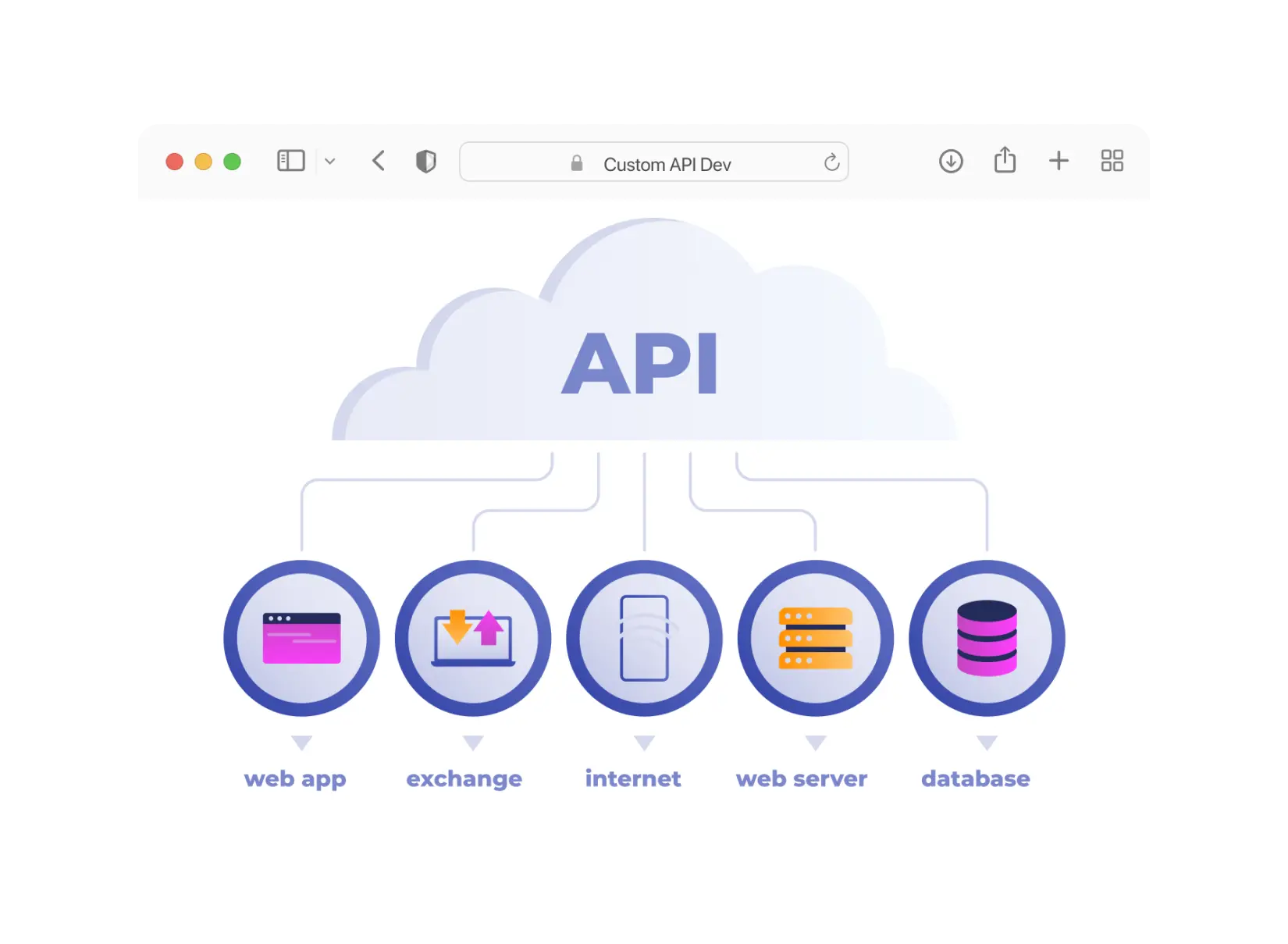
Integrating external APIs like payment gateways (Stripe, PayPal), social media (Facebook, Twitter), or cloud services (AWS, Google APIs). Ensures compatibility and smooth operation with existing systems.
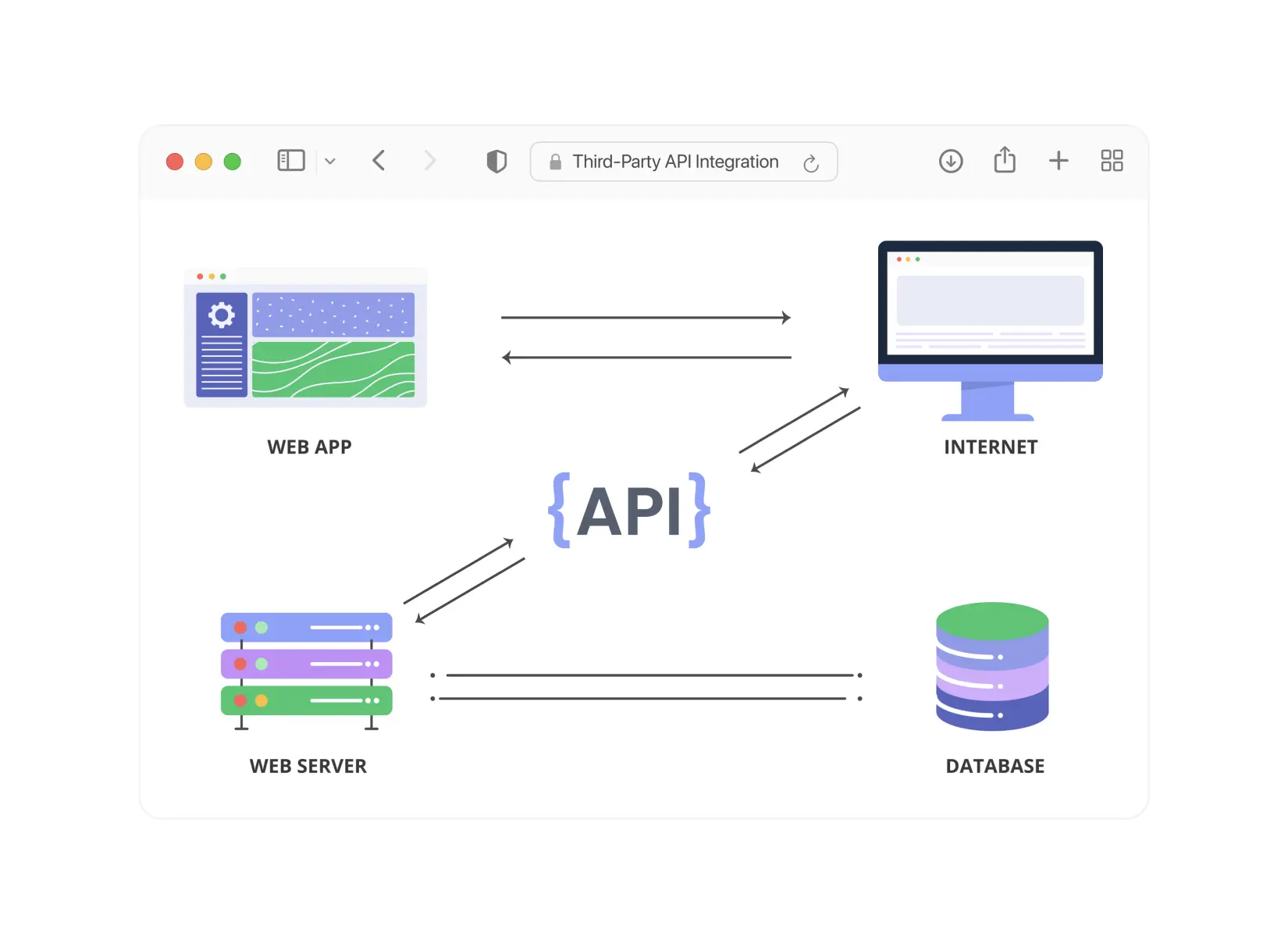
For businesses of all sizes, Limeup is their number-one choice since we offer premium API solutions that can be adjusted to match certain requirements. Here’s what sets us apart:

As a highly regarded API development and integration partner, Limeup is committed to delivering tailored, high-grade solutions for clients internationally.
Define the API’s purpose, document endpoints with OpenAPI, and plan security using OAuth or API keys.


Build APIs by coding endpoints with languages like Python, Node.js, or Java, while adhering to standards such as REST, GraphQL, or SOAP based on the use case, and implement semantic versioning to manage updates and changes efficiently.
Automated testing ensures functionality, performance, and security using tools like Postman or JMeter, while integration testing verifies how APIs interact with other systems, and thorough error handling through simulated edge cases enhances API reliability.


Deploy APIs on platforms like AWS, Azure, or Google Cloud to ensure scalability, monitor performance and uptime with tools like API Gateway or Datadog, and maintain them through regular updates and documentation to stay aligned with evolving business needs and technologies.
At Limeup, we use years of experience and a committed staff to assist companies in improving their digital infrastructure with modern API solutions. Working with us entitles you to a number of advantages intended to guarantee the success of your project:
You may make sure your systems operate more efficiently by picking Limeup. Our APIs improve data sharing between platforms, decrease manual processes, and streamline operations, which will boost your company's productivity and long-term success.
Your integrations will be reliable and flexible thanks to our utilization of the newest techniques and technology in API development. We design solutions that evolve with your business, staying aligned with your dynamic demands.
By choosing Limeup for your API development and integration, you’ll streamline workflows, automate processes, and improve data handling across systems, driving operational efficiency and long-term business growth.
Our team creates APIs that are structured to enhance your operations and provide secure, scalable solutions that support your ongoing business evolution.
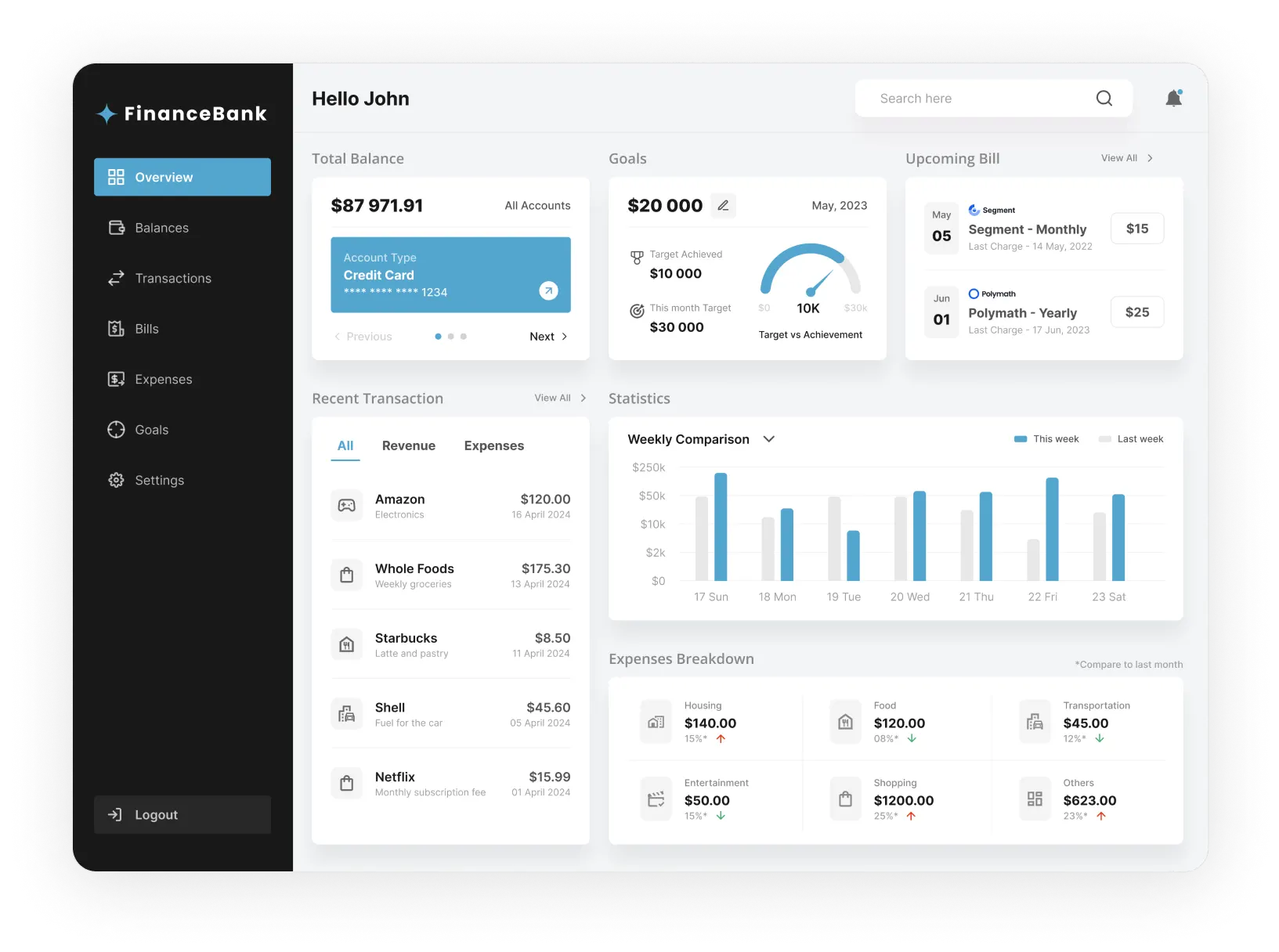
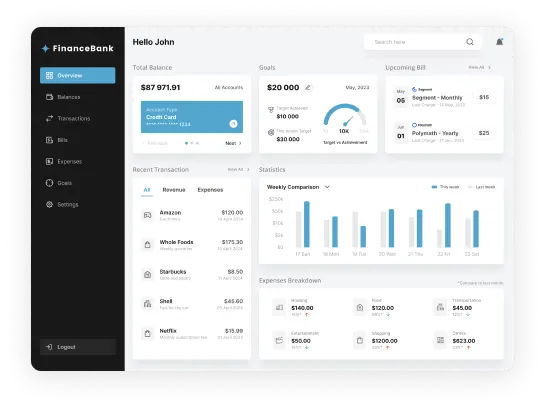
Start by booking a session with our API development specialists. We’ll dive into your vision, discuss your business objectives, and understand any specific integration or development needs you may have.
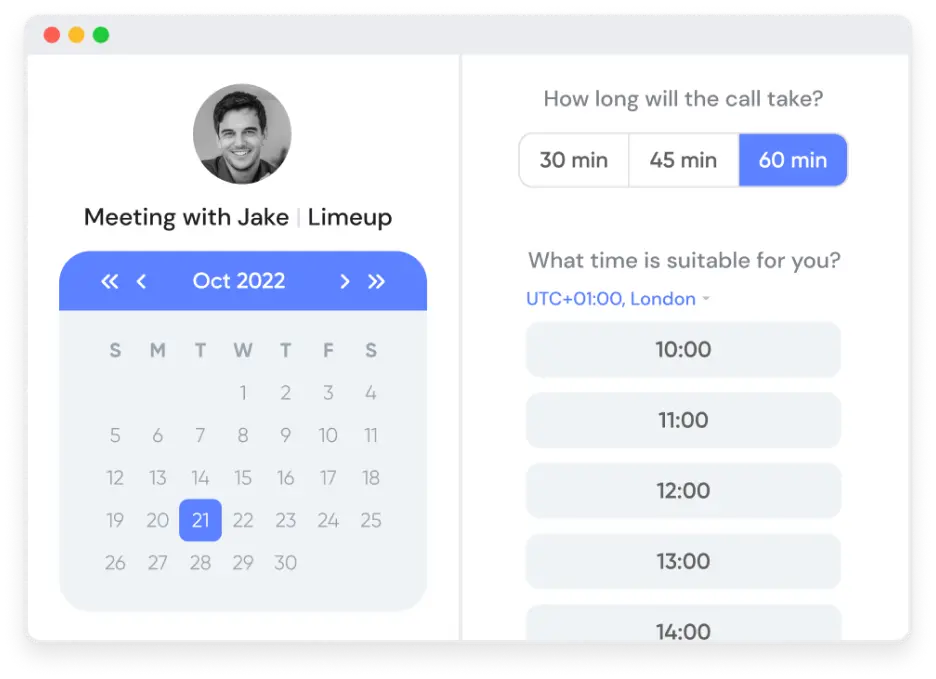
Together, we’ll outline a comprehensive strategy, determine the technical requirements, and assemble a dedicated team of experts to design and implement your API solutions.

As the project progresses, you’ll receive regular updates on milestones and progress. We’ll incorporate your feedback to ensure the final solution seamlessly integrates with your systems and aligns with your operational goals.
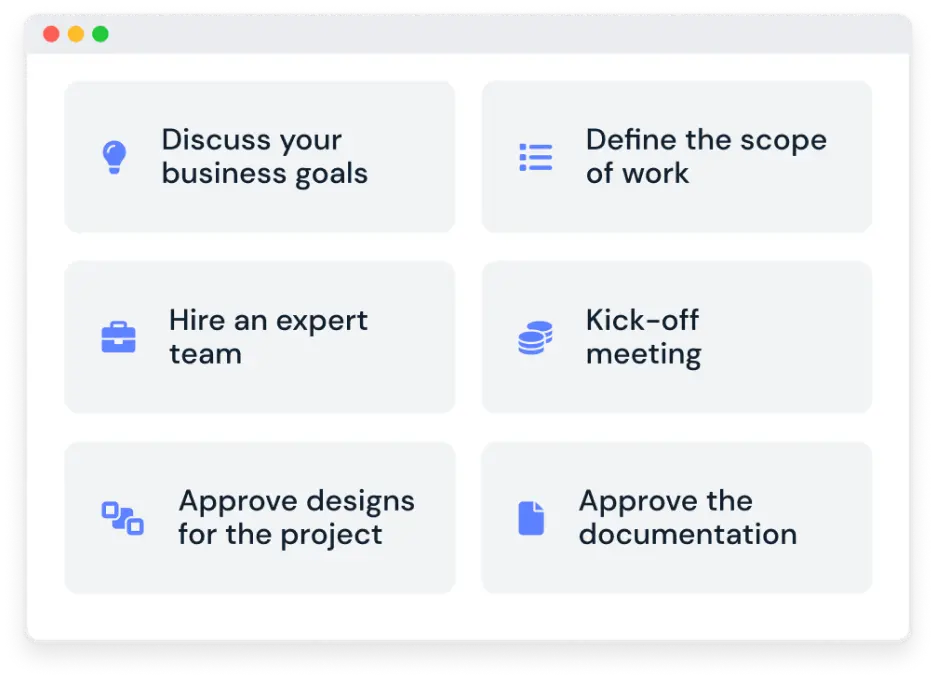
Access to knowledge and experience. We solidified our reputation as a leader in API development that contribute extensive technical expertise and a track record of success. Limeup guarantees that your APIs are made with scalability, efficiency, and smooth integration with current systems in mind.
Customized API solutions. To smooth out kinks and harmonize APIs with your system for maximum efficiency, Limeup designs bespoke solutions for your business.
Improved security protocols. Strong security methods including data encryption, token-based authentication, and adherence to industry standards are used by our API specialists to defend your systems from assaults.
Time and cost-effectiveness. Time and resources are saved when API development is outsourced. The brains behind our operations oversee the full development lifecycle, facilitating quicker delivery while freeing up your internal team to concentrate on strategic goals.
Thorough upkeep and assistance. With committed continuing support, Limeup offers long-term dependability by making sure your APIs are secure, up-to-date and flexible enough to accommodate your new needs or technology breakthroughs.
At Limeup, the cost of API development and integration services hinges on several key factors, such as the complexity of the API, the level of customization required, and the systems that need to be integrated. For straightforward APIs with minimal connectors and simple data exchanges, the cost typically falls between $5,000 and $15,000 — a cost-effective solution for those looking to get their feet wet with API integration.
When tackling more intricate APIs, like those involving payment gateways, third-party services, or advanced features such as real-time analytics, the price can climb from $20,000 to $50,000 or more. Limeup also excels in delivering enterprise-level solutions, where the sky’s the limit, with costs often exceeding $100,000. These projects demand bulletproof security, unmatched scalability, and seamless integration across complex systems.
Other aspects, like rigorous testing, data migration, and ongoing maintenance, can add to the overall investment. At Limeup, we leave no stone unturned, ensuring your API solutions are rock-solid, future-proof, and tailored to your specific needs — all while keeping your budget in check.
At Limeup, scaling API performance for high-traffic systems is no small feat, but we know how to rise to the occasion:
Optimizing API Design for Scalability
Scaling API performance for high-load systems begins with designing the API for efficiency. This includes implementing caching mechanisms to reduce redundant database queries and ensuring APIs follow RESTful or GraphQL standards for optimized data retrieval. Structuring endpoints to handle specific tasks minimizes the processing burden, while pagination and filtering help reduce payload size, ensuring faster data delivery and reduced server strain.
Making Use of Forefront Infrastructure
By distributing traffic evenly among servers, load balancers avoid bottlenecks and provide high availability. As demand varies, dynamic resource allocation is made possible through horizontal scaling, which involves adding more servers to the system. Faster data transmission and better user experience are made possible by integrating Content Delivery Networks (CDNs), which further lower latency by caching material closer to consumers.
Putting Monitoring and Continuous Optimization into Practice
Performance monitoring platforms and API gateways are two examples of tools that offer real-time insights into error rates, response times, and traffic patterns. Developers can use techniques like rate limitation to stop abuse or code optimization to manage peak loads based on this data. The API is kept robust, effective, and scalable as demand increases by ongoing testing and stress simulations.
Limeup ensures API security wit a combination of strong procedures and frontier technologies. We implement authentication and authorization mechanisms, such as OAuth 2.0 and API keys, to guarantee that only authorized users and applications can access the API. Furthermore, sensitive data is shielded against misuse and interception via encryption while it is in transit (using HTTPS) and at rest.
Preventing vulnerabilities like as SQL injection and cross-site scripting (XSS) requires that all incoming data be validated and sanitized. This step puts a lid on invalid requests, allowing only valid requests to be processed by the API. By limiting the quantity of requests coming from a single source, rate limitation and throttling provide further defense against brute force assaults and denial-of-service (DoS) efforts.
Our tech gurus find and reduce potential vulnerabilities with the aid of frequent security audits, penetration tests, and adherence to industry best practices. To improve session security, APIs should also use token expiration and refresh mechanisms.This all-encompassing strategy sets the stage for our APIs to stay secure, resilient, and prepared for any challenge.

Account Executive

Business Development Manager